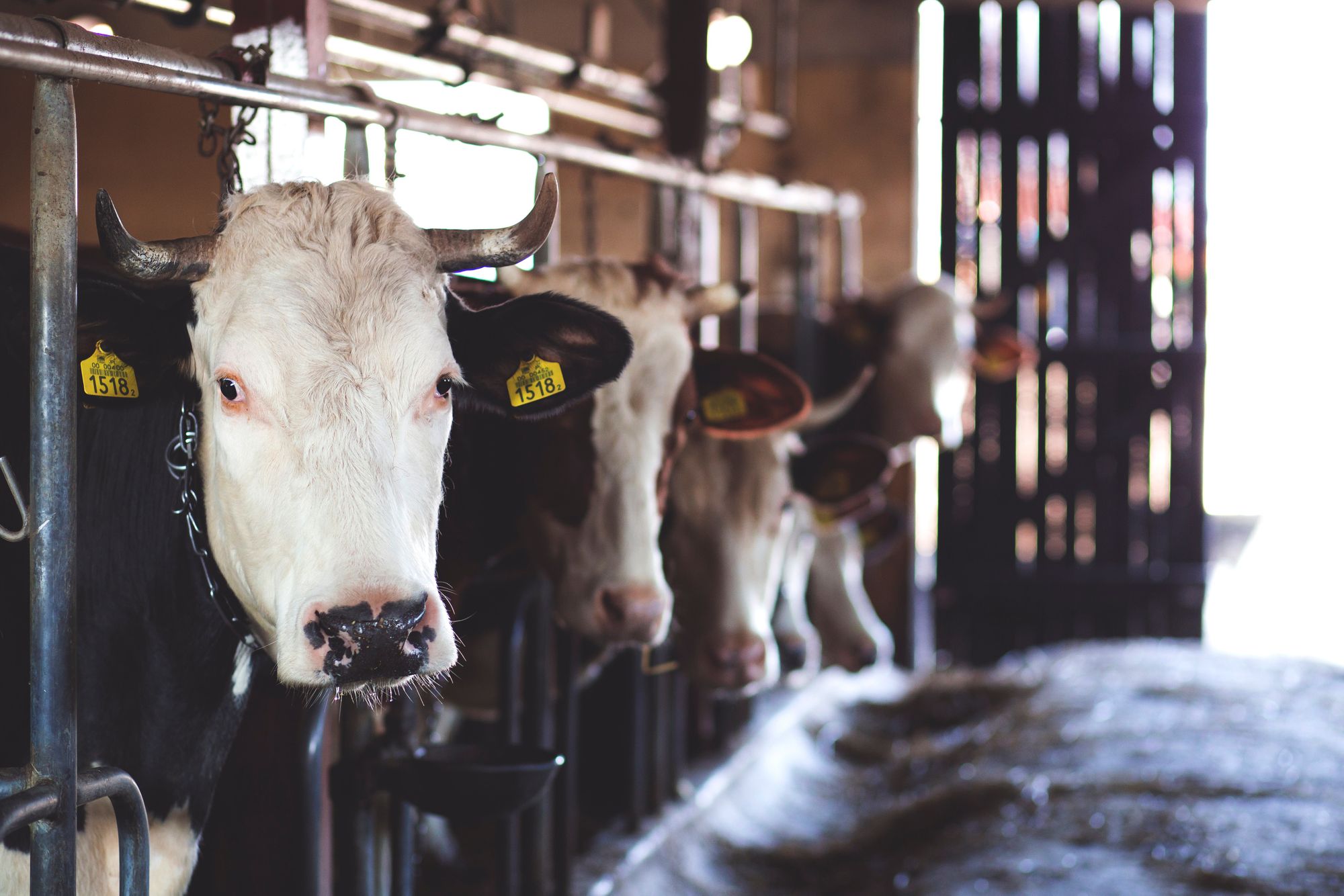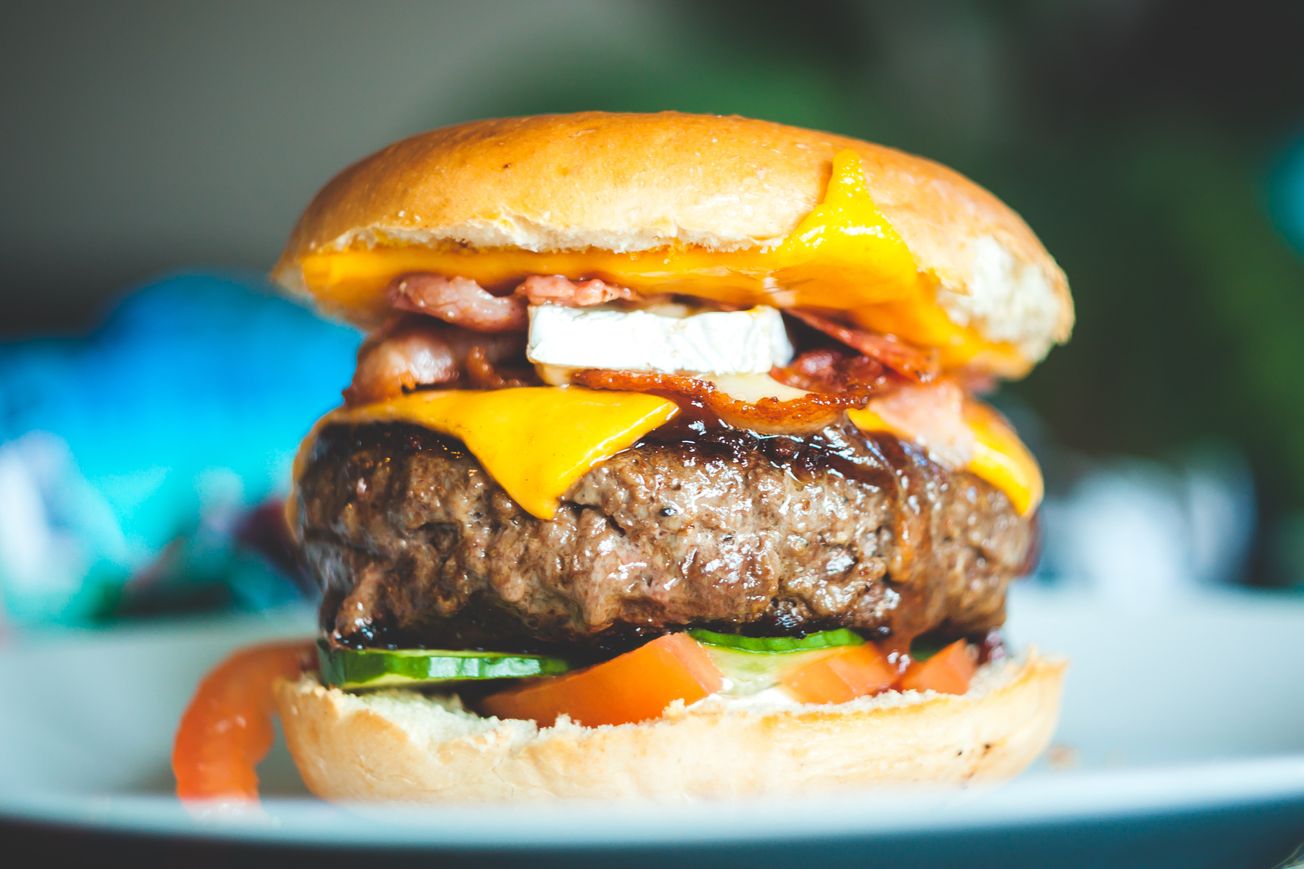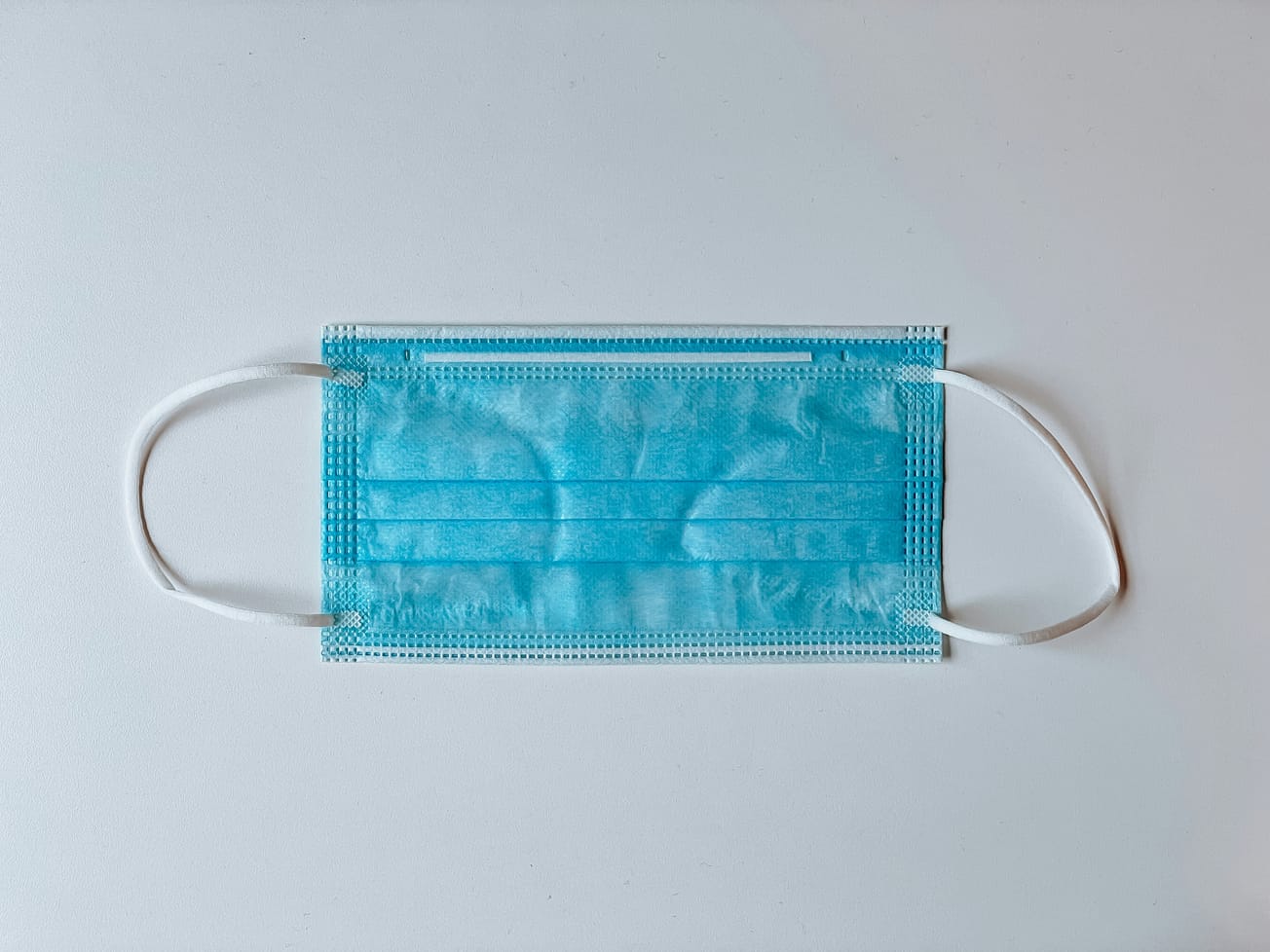By Annie Tyagi, Second Year, History
Producing beef on a large scale increases harmful methane emissions, but should Bristol students push for a ban on campus or does there need to be a better understanding of the environmental cycle of livestock?
Cultural anthropologist Margaret Mead once humorously wrote that ‘it is easier to change a man’s religion than to change his diet’. And yet in today’s world against the backdrop of looming climate disaster, food has become very political, and, suddenly, it’s not quite as funny.
University bans beef burgers in drive to save the planet https://t.co/HxugxkL99D
— Sky News (@SkyNews) August 13, 2019
The latest controversy to hit national news is that Goldsmiths University, London have banned all sales of beef on campus ‘to help tackle the climate change crisis’ and help towards their wider mission to be carbon neutral by 2025.
Whilst Goldsmiths Warden, Frances Corner, has praised the institution as standing ‘shoulder to shoulder’ with other organisations willing to make changes to fight climate change, the National Farmers’ Union have branded the ban an ‘overly simplistic’ response. This is ultimately part of a much broader conversation on stopping meat consumption, which is increasing seen as a possible climate solution. So should Bristol University students be lobbying for similar campus-wide policies? And is the answer really so simple?
The politics of food is a minefield. Many people at Goldsmiths, or here in Bristol, will reject beef or other meats on account of personal moral or religious convictions. The reasoning behind singling out beef from an environmental perspective, however, is that cattle produce methane gas, their expanding pastures lead to deforestation, and they use large amounts of water. So let’s address the most immediate arguments in opposition to this:
- It is true that cattle produce methane. However, methane has a lifespan of 9-12 years in the atmosphere, whilst carbon dioxide can last for upwards of a hundred years. The good news is that the ozone is slowly repairing, and livestock can be reared for the purpose of sequestering carbon, as well as passing microbes into the soil which mitigate much of this. And even then, many experts think it’s feasible that termites produce more methane per area in the Northern territory than livestock.
- Two thirds of the surface land of the world is not suitable for vegetable production. The only way to make grasslands useful for food production is to graze ruminants (ruminants being cattle, sheep, antelopes, deer, giraffes and their relatives). And whilst this may include less trees - which would also be the case when using land to grow vegetation - trees are actually the least effective way to lock away carbon. Believe it or not, the most effective way is to grow grass, on which cattle graze.
- In agricultural practice there is a difference between green water and blue water. Green water includes precipitation, runoff, and water that sinks into the soil, whereas when it comes to blue water that is from the ground surface, there is only a use of around 410 gallons per pound of beef. This is very similar to rice, sugar, avocados, almonds, and walnuts - none of which face a ban. Luckily, in a book called Defending Beef, Nicolette Niman explains that when you look at grass-fed beef, the figures are much closer to 100 gallons of water per pound. This is fantastic as grass-fed beef is far more nutritious than rice for example - in fact it is one of the most nutrient dense foods on the planet.
Whether or not we reject the understanding that ruminant agriculture does not have to be harmful, there is also a compelling argument out there that it is indispensable. Joel Salatin is an organic farmer in Virginia who has written many books on respecting ‘the cow-ness of the cow’. And whilst this might sound mental, it’s actually arguably the key to our modern day food problem.
A London college has banned beef to combat climate change. What would you ban from university? https://t.co/Q2ErgVPvSS
— talkRADIO (@talkRADIO) August 12, 2019
Herbivores like cows are found worldwide because they are essential to the natural cycle of building fertile soil and biologically recycling soil and nutrients. By grazing on grass, they help to prune it when it is ripe and restart its rapid biomass production. Their manure also contains essential bio-nutrients and microbes with which to inoculate the soil. Without grazing livestock, soil becomes dry and stiff. It cannot retain water and plant growth will suffer as a consequence.
Livestock are in fact, the perfect stone-age technology. They are food, that in turn feeds soil, that makes more food. Nature in perfect balance, and completely sustainable. Planting vegetation without the presence of ruminants is like mining coal - it is a resource that will eventually run dry.
The problem is not the cattle, but the management of them. This is because in our highly globalised and processed way of life, we do not allow for the natural cycle of growth. Globally we are turning 120 million hectares of fertile soil into desert and we need to allow the herbivore to act in its historic role to stop this.

If you’re wondering, the practise we need to employ is called Mob Stocking Herbivorous Solar Conversion Lignified Carbon Sequestration. A bit of a mouthful, admittedly, but it basically refers to rearing a variety of livestock on grass land so that they can naturally fertilise the ground, which is then rotated for crops. Also moving them in packs to mimic wild herds fleeing predation, in a way that mirrors natural migratory patterns and does not overwork the soil.
The alternative to using these natural processes is using chemical processes. Small scale organic farmer Märta Jansdotter describes watching her grandfather begin an enthusiastic use of chemical fertilisers on his farm in the 1950s at the onset of their introduction. The promise of an increased crop yield was kept, but what he was not banking on was the Leukaemia he was diagnosed with seven years later.
The newest science, amongst other ailments, has also shown a strong link between chemical fertiliser and autism, which is on a sharp rise in America where its use has become particularly widespread, as recently published in the American Journal of Psychiatry, the US National Library of Medicine, the Scientific American, and on the UK’s NHS website, to name but a few prominent examples.
Food waste is also a massive problem, and is not getting nearly as much attention as the argument over meat. The United Nations has recently released a report that estimates that 8-10 per cent of all global emissions are associated with food waste and loss. Is it not convincing that our universities should be focusing on cutting down on food wastage before all else? Currently there are no legal requirements for separate food collections in England and many of us might notice this is missing from the recycling process in our home towns and cities. There is a separate food collection for Bristol residences and in our student accommodations, and we can continue to draw awareness to this.
Food waste can be used as animal feed, directed to charities, composted, as well as sent by the council to anaerobic digestion plants and turned into a source of renewable energy. Up-and-coming food sharing businesses in Bristol such as Olio also allow people to connect with neighbours and share uneaten and unwanted food, to reduce local food waste.
It is worth mentioning that whilst the ban on beef is what has grabbed the headline, Goldsmiths have rolled out an impressive number of dedicated environmental policies on campus that we should without a doubt be looking to emulate. Students now pay a 10p levy on single use plastic, and plans exist to switch to a 100 per cent clean energy supplier, as well as to install more solar panels. The University is undoubtedly doing the important work of changing chatter into real policy, and generally speaking this is great.
Goldsmiths’ new Warden Professor Frances Corner has announced an ambitious drive for the College to be carbon neutral by 2025.
— Goldsmiths (@GoldsmithsUoL) August 12, 2019
The plan includes the removal of all beef products from campus outlets and a 10p levy on plastic bottles https://t.co/sYRHZ0gxxa
2019 is on course to be one of the top three warmest years in recorded history. If we truly want to solve problems, and not just hobble alongside feel-good lifestyle cults, then we can't accept the first potential answer to the climate equation. The point is that whether or not you choose to eat meat, and whatever Goldsmiths University’s policy is on the sale of beef on campus, we need to think harder and deeper about these problems. It is crucial within universities like ours, especially at the highest levels of research that we continue to treat this as a complex issue. After all, this isn’t something that we can afford to get wrong.
Featured image: Unsplash / Erik Odiin
Do you support a beef ban at University of Bristol facilities?








